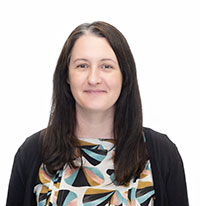Queensland Aphasia Research Centre (QARC)
Optimising the lives of people with Aphasia
Bridging the Digital Divide: Building Health Self-Efficacy through Communication-Accessible Online Environments
This project aims to co-design a software pack that will make it easier for people with aphasia to use the internet.
Why develop a software pack?
The internet is used to access health care, support, and information.
Using the Internet requires language — reading, writing, and understanding. This can be difficult for people with aphasia.
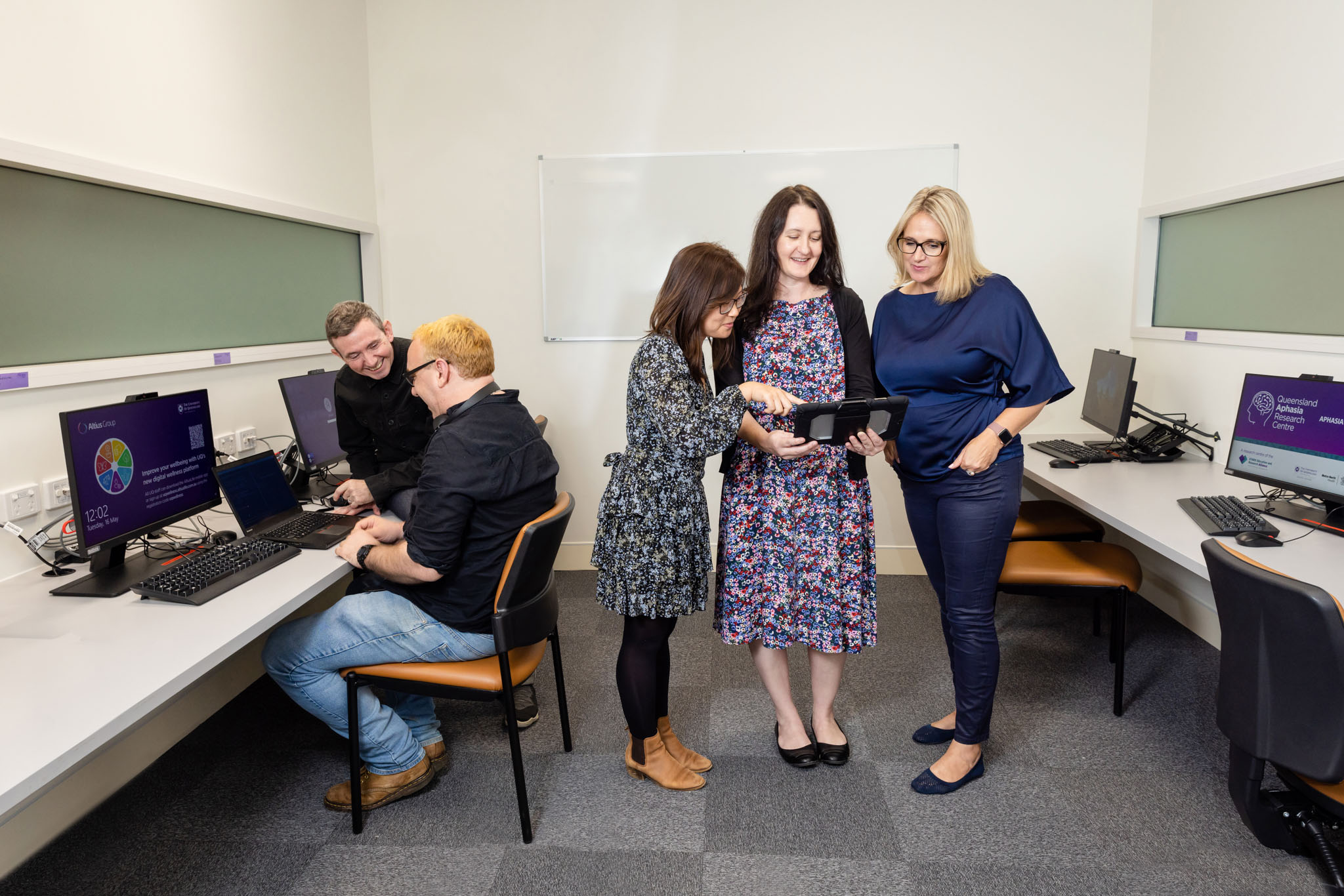
Our progress
This project is now complete.
The software pack has been successfully co-designed, developed, and evaluated with people with aphasia, family members, and health professionals.
Outcomes
Together with people with aphasia, family members, and health professionals, we have co-designed a software pack:
- CommuniKey - a web browser extension to make webpages aphasia-friendly. This can support people with aphasia to view, read and understand online information.
- Training materials to support people with aphasia, family members/carers and health professionals use and customise Communikey.
- Guidelines for designing communication accessible websites.
View an overview of the Bridging the Digital Divide outcomes. (PPTX, 47.2 MB)
The Bridging the Digital Divide team recently held a celebration event to share outcomes with all involved. This included:
- Researchers
- Consumer advisors
- Participants
- Co-designers
- Health professionals
- Representative from partner organisations.
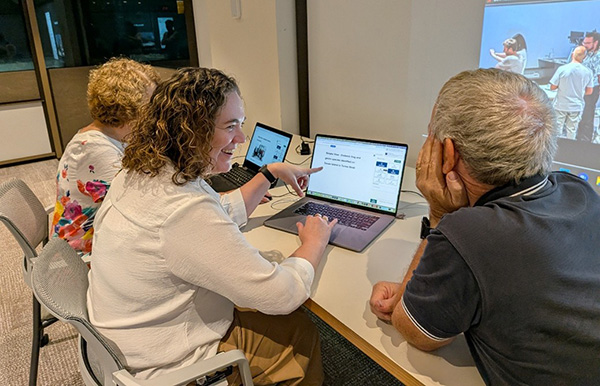
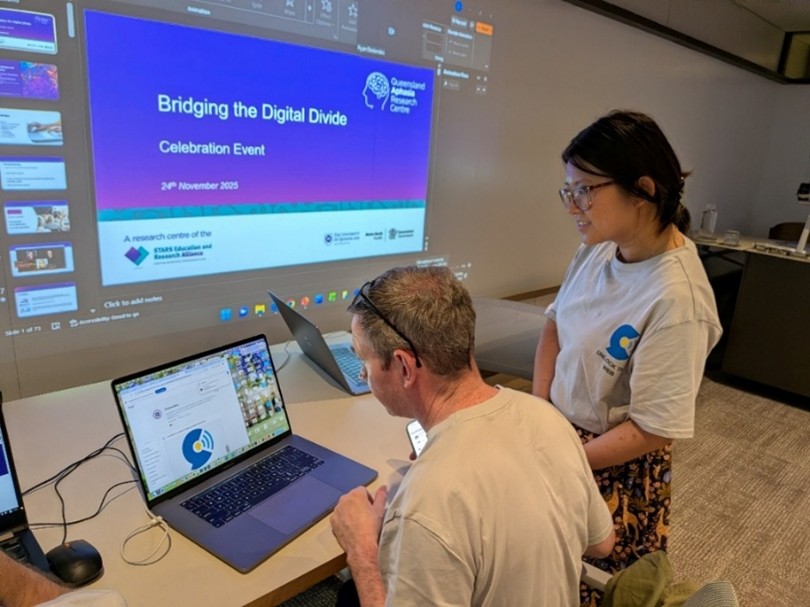
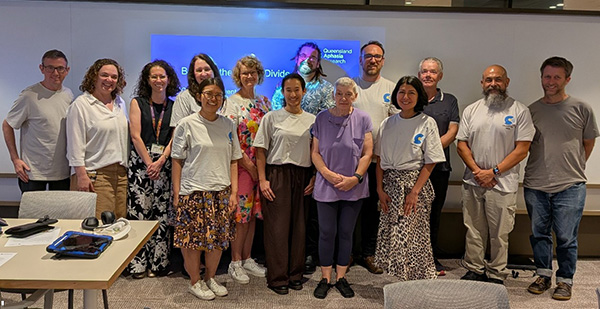
How to be involved
We are inviting people with aphasia, family members, significant others, and health professionals to:
- Test the browser extension.
- Attend an interview or focus group to share experiences with using the browser extension.
You can choose to participate in-person at The University of Queensland Herston campus or online using Zoom.
If you would like to participate in this research project, please fill out our form.
Contact
For more information on this research project contact Associate Professor Sarah Wallace:
Email s.wallace3@uq.edu.au Call (07) 3346 7453
For more information on participating in this project contact Dr Jennifer Lee:
Email: digitaldivide@uq.edu.au
Media and awards
Partner organisations
We are grateful for the support of our partner organisations, Centre for Accessibility Australia, National Disability Insurance Agency, Services Australia, Australian Disability Network, Stroke Foundation, and the Australian Aphasia Association.
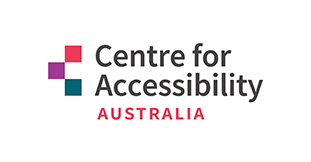
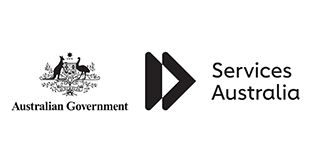
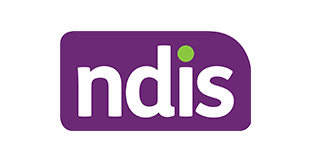
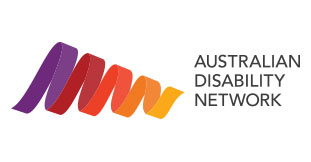
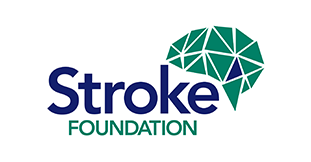
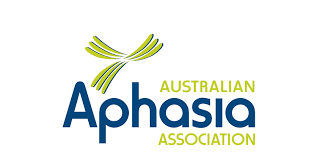
Research publications
Lee, J., Worthy, P., Deslandes, R., Burton, B., Copland, D.A., Jamieson, P., Barron, K., Togher, L., Shrubsole, K., Shiggins, C., Campbell, J.H., Hill, A.J., Wiles, J., Haslam, A. & Wallace, S.J. (2025). Bridging the digital divide for people with aphasia: A study protocol for co-designing web accessibility tools and guidelines. BMJ Open, 15: e099273. https://doi:10.1136/bmjopen-2025-099273
Funding and acknowledgements
This project is funded by :
- 2021 Medical Research Future Fund (MRFF) Consumer-Led Research Opportunity (Grant Number MRF2019367)
- 2022 UQ Foundation Research Excellence Award
Kirstine Shrubsole and Sarah J. Wallace are supported by National Health and Medical Research Council (NHMRC) Emerging Leadership Investigator Grants [2026816 and 2032983].
Research team
Chief investigators
- Associate Professor Sarah Wallace
- Dr Peter Worthy
- Professor David Copland
- Mr Phill Jamieson (research partner with aphasia)
- Mrs Kim Barron (research partner with aphasia)
- Professor Leanne Togher
- Dr Kirstine Shrubsole
- Associate Professor Annie Hill
- Professor Janet Wiles
- Professor Alex Haslam
Associate investigators
- Dr Lisa Anemaat
- Dr Claire Bennington
- Dr Scott Hollier
- Dr Megan Isaacs
- Dr Bec Jenkinson
Postdoctoral researchers
- Dr Jennifer Lee
Research assistants
- Ms Savita Datta
- Mr Ryan Deslandes
- Ms Pippa Evans
